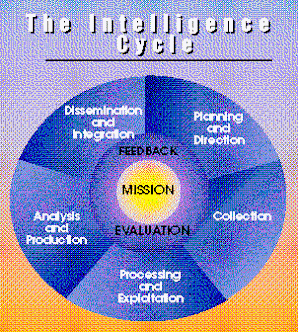Crime bankrolls terrorism: official
Narcotics trafficking and compromised charities are key domestic bankrollers of suspected international terrorist activities, says the head of the federal financial intelligence agency. Speaking at a British economic crime symposium Wednesday, Jeanne Flemming, director of the secretive Financial Transactions and Reports Analysis Centre, or FINTRAC, said one-third of suspected terrorist-financing cases in Canada involve money from drug trafficking, fraud and other criminal enterprises.
Another one-quarter involve charities and non-profit organizations, she told the Cambridge University conference. Terror networks often use compromised or complicit charities and businesses as a veil of legitimacy to support their objectives. "These cases involve transactions that course through the mainstream financial system as part of the routine traffic of domestic and international transactions," she said.
FINTRAC was created a decade ago to help police investigate organized crime, but after 9/11, its mandate expanded to include terrorist financing. FINTRAC, along with Australia's financial intelligence unit are the only major western agencies that have the power to collect and analyse international electronic funds transfer reports involving transactions of $10,000 or more.
Seventy-seven per cent of the suspected terrorist-financing cases forwarded to the Canadian Security Intelligence Service by FINTRAC have resulted from the agency's ability to monitor wire transfers. "Not only were wire transfers a prominent feature in a large portion of our cases, in many instances without the wire transfer data we would not have reached a threshold of suspicion of terrorist-financing activity," said Flemming, who urged other nations to adopt the practice as well. "Money can leave a very useful trail when looking at a criminal enterprise or a terrorist network that is engaged in financing acts of violence in another country."


0 comments:
Post a Comment